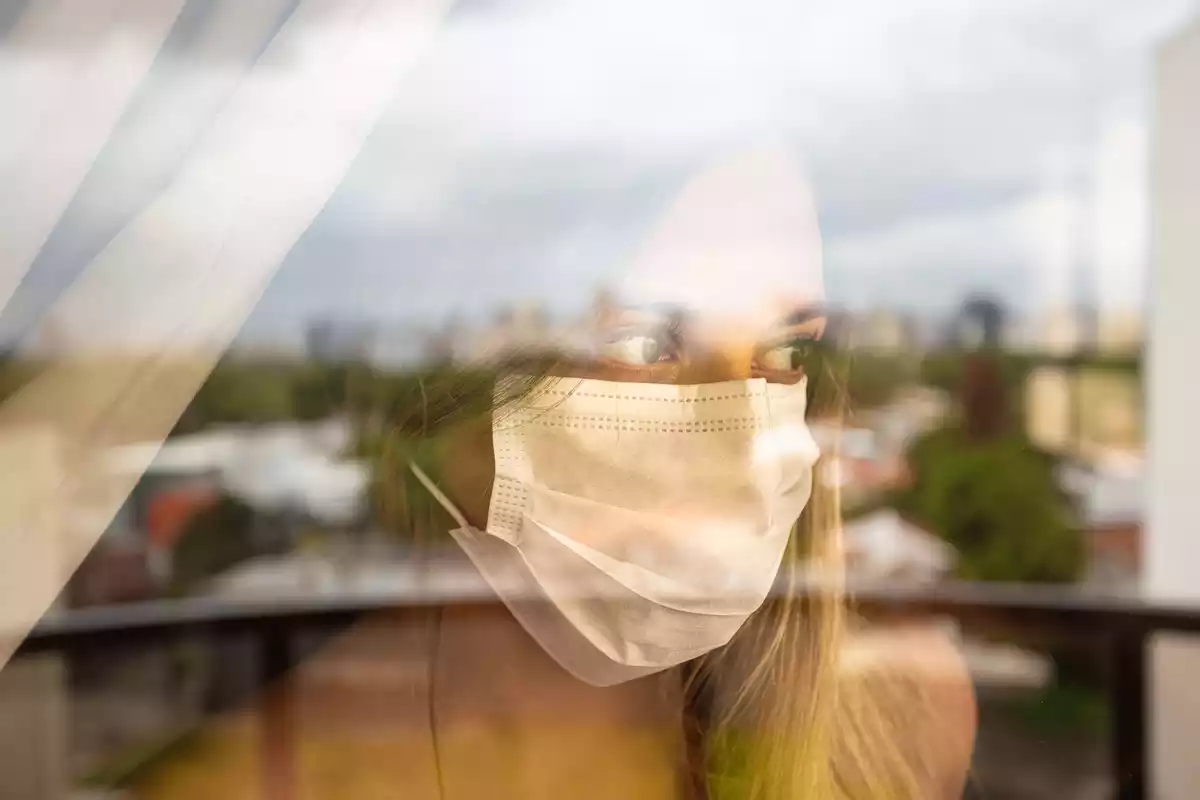
A new coronavirus strain discovered in Brazil not long ago has recently raised awareness in the scientific community. This variant, named P.1 and which emerged in Manaus, can already be found in seven countries: Japan, the United States, the United Kingdom, Italy, Germany, South Korea and Brazil. Although little is yet known about its differences, everything indicates that this variant could be more infectious.
In addition, this new strain is suspected to be the cause of the worrying outbreak in Manaus, capital of the state of Amazonas, where health services have collapsed due to a large number of infections.
The new Brazilian strain was discovered in Japan on January 9, when samples from four passengers arriving on a flight from the Amazon were analyzed. Researchers suspect that it is a recent phenomenon and probably emerged in December, originating from the combination of several variants currently circulating in the Amazon. The problem is that this new strain, P.1, would be much more dangerous because it contains a higher number of mutations.
The variant with the most mutations
Scientists have found in it a number of genetic alterations out of the ordinary, and the most worrying thing is that 12 of them are in the key protein that allows the virus to enter human cells: the so-called 'spike'.
This gives the virus greater transmissibility, as it implies that the virus replicates more and enters the cell more easily, which makes it more infectious. However, it is not known whether, even being more infectious, this new strain is more virulent or not.
It should be noted that the 12 mutations in the 'spike' protein are many compared to the other two variants that are also keeping scientists on edge: the South African and the British strains. Both have also become more infectious and therefore, more dangerous because they also have several mutations in this protein in common, but in the case of the British one, it has 8 and in the case of the South African, 10. Therefore, for the time being, the Brazilian could prove to be the most transmissible of all.
Responsible for the outbreak in Manaus
The rapid expansion of this new strain has made it the predominant variant in the Amazonian capital, which is overwhelmed at the sanitary level. The samples analyzed indicate that in December the P.1 variant was detected in 51% of the cases, while now in January it is present in 91%, a number that shows the rapid expansion it has undergone in only one month.
The delicate situation in Brazil raises fears that this new variant could become established throughout the country, as the former Brazilian Minister of Health, Luiz Henrique Mandetta, has warned in an interview: the new variant could cause a mega epidemic in his country in just two months if drastic measures are not taken.
That is why some countries have also begun to act to protect their territories, closing their borders to flights from Brazil, such as Portugal, Peru, Turkey and Colombia.
Do the new variants affect the effectiveness of the vaccine?
This is the big question that has arisen as a result of the proliferation of the British, South African and now Brazilian strains since the vaccine seems to be the only hope for reducing the number of infections worldwide. Scientists do not yet have a clear answer on this matter, although it should be borne in mind that these vaccines were developed from the spike protein of coronavirus, so the mutations recorded in this protein could lead to a loss of efficacy, although not totally.
[This is a translation of the original article "P1, la nueva variante de coronavirus que tiene en vilo a la comunidad científica" published in espanadiario.net]

